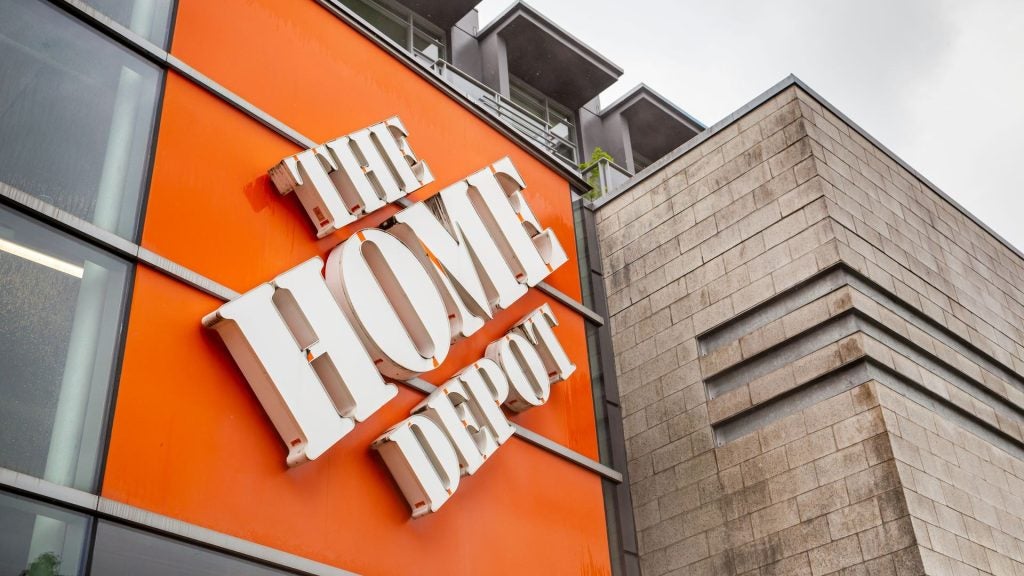Recent research by esphr by WorkNest has revealed that there is a critical need for retail businesses to provide more training to line managers, particularly on employee relations.
It found that industry managers feel ill-equipped to deal with sensitive topics such as fertility, disability and neurodiversity, whilst only half feel confident handling a redundancy process - despite this leaving businesses open to significant financial and legal risk.
Senior HR Consultant at WorkNest Joe Hegarty, argues that the often-overlooked linchpin of retailers’ success lies in the capable hands of line managers.
In the dynamic and fast-paced world of retail, the role of line managers is pivotal to the success and smooth operation of businesses. Line managers act as the bridge between the front-line staff and the strategic decisions made at the corporate level.
However, the Achilles heel of many retailers lies in the inadequate training of these crucial middle managers.
The significance of line managers in retail
Joe emphasises the multifaceted role that line managers play in the retail sector:
“Line managers play a significant role in a retail business, supporting on a range of functions including staff engagement, resource planning, customer service, stock control, maximising profitability, complying with health and safety, liaising with head office or senior teams, and diversity and inclusion. They have a large amount of responsibility to ensure their team and the business runs smoothly.”
When it comes to people management, line managers play a critical role in keeping teams motivated to drive commercial performance, yet the research in the ‘Middle Managers Matter’ report found that one quarter of line managers in retail have requested managerial training but not received any.
The impact of insufficient line manager training
Insufficient training of line managers in the retail sector can lead to a cascade of challenges affecting overall performance and productivity. Hegarty highlights:
“Common issues that businesses will see if they fail to properly train and equip line managers with crucial skills include high staff turnover, lack of employee engagement, inability to meet seasonal demand, and trade union vulnerability.
“Overall employee morale and safety could be impacted too, which could leave you open to legal risks. We also see employee harassment being a common issue in retail environments, and line managers are on the frontline when it comes to monitoring issues in this area and not letting them escalate.”
Traditional approaches vs. emerging trends in line manager training
Traditionally, line manager training in the retail industry has relied on on-demand, online academy-style solutions with competency-based assessments and theory.
However, Hegarty notes a positive shift: “We are also seeing an even better use of technology now, with businesses integrating and streamlining procedures, staff onboarding, and reward, to ensure a more engaging and in-depth approach is taken.”
Case studies on the consequences of inadequate training
Hegarty draws attention to real-world examples: “We see repeated examples of how retail businesses’ performance and reputation are impacted by poor line manager training.
“The most common examples relate to either customer service issues or poor colleague retention, with the latter often being intrinsically linked to being able to offer good customer service.”
Key components of effective line manager training in retail
Effective line manager training programs for the retail sector should encompass a broad range of skills to address the specific needs and challenges.
Hegarty outlines: “Effective line manager training for those in retail must include teaching on delegation techniques, conflict resolution, time management, empathy, active listening, and adaptive leadership style, just to name a few.
“There are many key skills required of them, yet we’re seeing varying degrees of both manager’s belief in their own ability and the levels of training being provided.”
Best practices for equipping retail line managers
Successful strategies for preparing line managers in the retail environment, according to Hegarty, include the ability to relate to colleagues, involvement in day-to-day roles to lead rather than manage, development of effective communication tactics, and consistent application of procedures.
Ensuring consistent training across the board, regardless of manager demographic is also key.
Joe said: “A significantly higher number of the youngest line managers, aged 18 to 25 years-old, (33%) were questioned more thoroughly during the interview process on their management capabilities than older workers (14% aged 55-64). Yet in some areas, we found that line managers in more senior roles have less confidence in their capabilities than their more junior peers.
“This could be because older managers may have gained their experience before significant changes in employment laws or best practices occurred, whilst the younger generation who have entered the job market more recently have had training that reflects the modern workplace and started in their careers at a time when more emphasis is put on inclusivity.
“Don’t assume that everyone has the same level of understanding and capability to deal with managerial and employee relation issues.”
He further advocates for proper onboarding and continuous training to keep managers updated on workplace and societal changes.
In conclusion, retailers must recognise the pivotal role of line managers and invest in comprehensive training programs to ensure they are well-equipped to handle the challenges of their dynamic roles.
Neglecting this crucial aspect can lead to severe consequences, impacting employee morale, customer service, and overall business performance.
It's time for retailers to strengthen their Achilles heel and fortify the foundation of their success through robust line manager training.
The full ‘Middle Managers Matter’ report is available here.
Esphr by WorkNest is a new-model employment law service on a mission to advise and develop the employment law capability of HR professionals.















